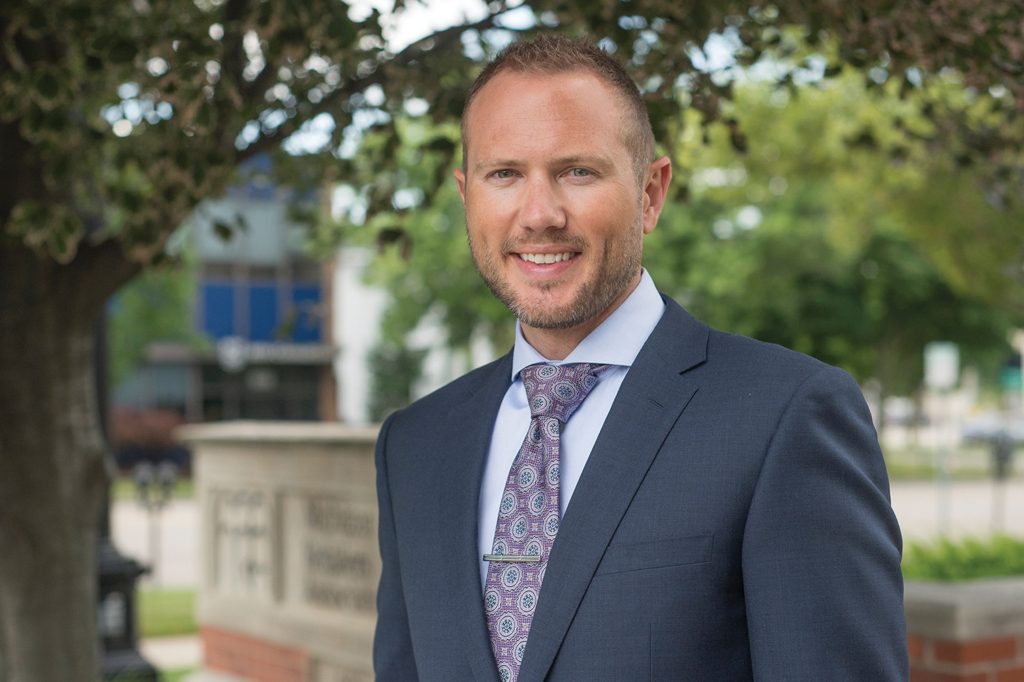
By Bill Hallan, President and CEO
A classic bar exam question focuses on the fiduciary duties an officer owes to a corporation. Specifically, an officer owes the corporation both the duty of care and the duty of loyalty. The duty of care requires the officer to exercise the care of an ordinarily prudent and diligent person in a like position under similar circumstances. Basically, an officer must act in good faith and use a reasonable amount of care in their business decisions. The duty of loyalty requires an officer to act without personal economic conflict. In other words, it precludes an officer from self-dealing or taking advantage of a corporate opportunity for personal gain.
My former law school professors would probably admonish me for over generalizing these important concepts, but this article isn’t about fiduciary duties (not really at least). I’d venture to guess that most business owners aren’t thinking about fiduciary duties on a regular basis. Especially in the case of a sole proprietorship, the owner does not need to distinguish between his or her own interest and interests of the business. Rather than concentrating on fiduciary duties, most retailers and business owners are likely focused on the duty to the customer.
Legally, the duty owed to the customer relates to safety. It’s a duty to prevent foreseeable harm. For example, if a business owner knows of an unsafe condition at their establishment, such as a hole in the floor, the business has a duty to keep the customer safe. Failure to do so could result in liability for negligence.
Keeping customers safe has taken on new meaning during the past 18 months. I don’t need to rehash how retailers limited capacity and implemented enhanced cleaning procedures, but as the world changed, so too did customer service. Many retailers used the pandemic as an opportunity to show their customers how much they care. And whether required by government mandate or not, retailers interacted with their customers as if there was a fiduciary relationship – putting the interests of the customer ahead of their own. Restricting capacity and spending money on PPE isn’t how retailers typically enhance revenue, but it shows a commitment to customer safety!
We do our best at Michigan Retailers Association to incorporate that philosophy into our everyday actions as we assist our members, merchants, and policyholders. If you’re on our credit card processing program, you’ve probably spoken with our customer service team: Penny, Tamara, Mari, and Kate. If you’re a workers’ compensation policyholder, you may have spoken with Laura, Jamie or Justine. If you’ve ever had a membership question, you probably talked with Francine. Fun fact, Francine is the longest-serving MRA employee, she’s been with the Association since 1981!
Retailers don’t need to put a label on how they serve their customers. It doesn’t matter whether there is a duty of care, duty of loyalty, or any other legal term. Retailers know that by putting the customer first, they’ve set themselves up for success. We try to do the same. There are 34 of us here at MRA, and we are here to serve you.
